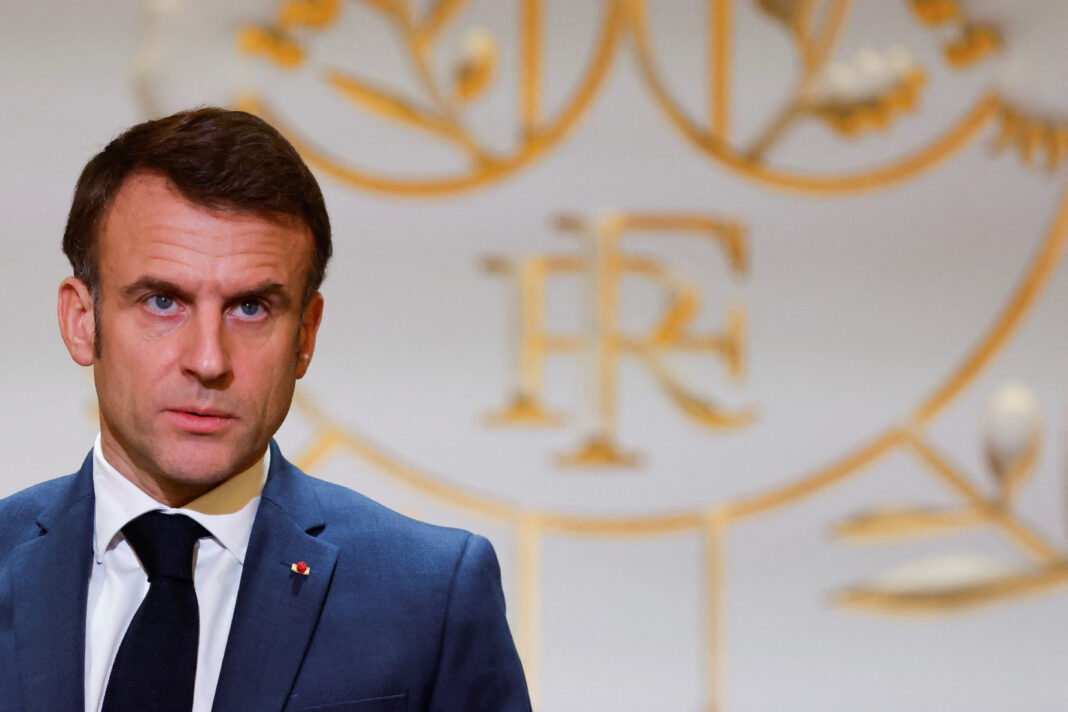France has chosen to abstain from joining a coalition led by Britain and the United States that conducted air strikes against Iran-backed Houthi rebels in the Red Sea.
Addressing reporters on Tuesday, President Emmanuel Macron emphasized that the decision was grounded in pursuing diplomatic solutions to the ongoing conflict rather than a willingness to escalate tensions through military means.
President Macron clarified that France’s choice to refrain from participating in pre-emptive strikes against the Houthi rebels was rooted in a commitment to avoiding any potential escalation of hostilities.
The President underscored that the decision was a reflection of France’s diplomatic stance, intending to engage in dialogue and peaceful negotiations rather than resorting to military intervention.
The Red Sea has been a hotspot for tensions, with Houthi rebels carrying out attacks on shipping in the region.
The coalition, formed by the United States and Britain, sought to address these security concerns through air strikes. However, France’s divergence from this military course highlights a nuanced approach to conflict resolution.
Macron’s comments shed light on the importance of prioritizing diplomacy in the face of regional challenges.
The French President stressed that the decision did not indicate a weakened stance against threats but rather a commitment to finding diplomatic solutions that could contribute to long-term stability in the region.
The move has garnered mixed reactions, both domestically and internationally. Critics argue that France’s absence from the coalition could undermine the effectiveness of the military response, while supporters commend the emphasis on diplomacy and the pursuit of peaceful resolutions.
Macron, however, remains steadfast in asserting that diplomatic channels must be explored thoroughly before considering military action.
France’s decision reflects a broader trend in international relations, where countries are increasingly prioritizing diplomatic efforts over immediate military responses.
The complexities of the geopolitical landscape demand careful consideration and multilateral cooperation to address conflicts effectively.
Macron’s approach aligns with the principles of strategic restraint and a commitment to dialogue to resolve disputes.
As the situation in the Red Sea continues to evolve, France’s diplomatic stance sets a precedent for nations navigating the delicate balance between military intervention and diplomatic engagement.
The international community will be closely watching how this decision shapes the trajectory of the conflict and whether it paves the way for a more diplomatic resolution to regional tensions.
This article was created using automation technology and was thoroughly edited and fact-checked by one of our editorial staff members



